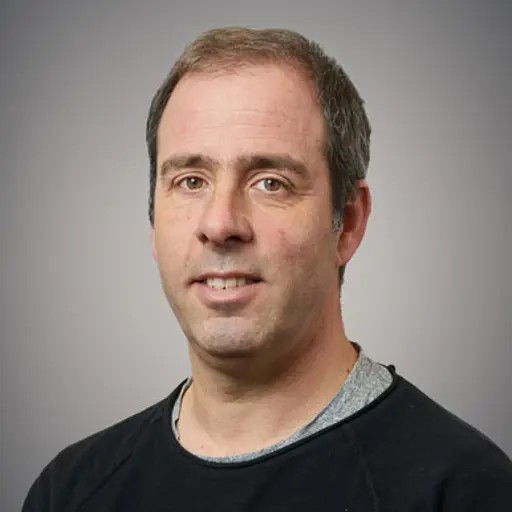Course syllabus adopted 2021-02-16 by Head of Programme (or corresponding).
Overview
- Swedish nameStädernas resursomsättning
- CodeACE155
- Credits7.5 Credits
- OwnerMPIEE
- Education cycleSecond-cycle
- Main field of studyCivil and Environmental Engineering
- DepartmentARCHITECTURE AND CIVIL ENGINEERING
- GradingTH - Pass with distinction (5), Pass with credit (4), Pass (3), Fail
Course round 1
- Teaching language English
- Application code 27121
- Maximum participants55
- Block schedule
- Open for exchange studentsYes
Credit distribution
Module | Sp1 | Sp2 | Sp3 | Sp4 | Summer | Not Sp | Examination dates |
|---|---|---|---|---|---|---|---|
| 0119 Written and oral assignments 3 c Grading: TH | 3 c | ||||||
| 0219 Project 4.5 c Grading: TH | 4.5 c |
In programmes
- MPIEE - INFRASTRUCTURE AND ENVIRONMENTAL ENGINEERING, MSC PROGR, Year 1 (compulsory elective)
- MPIEE - INFRASTRUCTURE AND ENVIRONMENTAL ENGINEERING, MSC PROGR, Year 2 (compulsory elective)
- MPTSE - INDUSTRIAL ECOLOGY, MSC PROGR, Year 1 (compulsory elective)
- MPTSE - INDUSTRIAL ECOLOGY, MSC PROGR, Year 2 (elective)
Examiner
 Leonardo Rosado
Leonardo Rosado- Studierektor, Architecture and Civil Engineering
Eligibility
General entry requirements for Master's level (second cycle)Applicants enrolled in a programme at Chalmers where the course is included in the study programme are exempted from fulfilling the requirements above.
Specific entry requirements
English 6 (or by other approved means with the equivalent proficiency level)Applicants enrolled in a programme at Chalmers where the course is included in the study programme are exempted from fulfilling the requirements above.
Course specific prerequisites
BSc in Natural Sciences, Civil Engineering, Architecture, Environmental Engineering or equivalent.
Aim
The aim of the course is for students to understand functioning of cities in terms of their technical systems, including water and transportation infrastructures, urban resource use and waste production as well as exchange between the cities and the environment. The obtained skills will enable students to assess cities resource consumption and environmental impact, critically examine urban technical systems and propose the necessary measures to achieve the Sustainable Development Goals and to meet challenges of global urbanization, resource scarcity and environmental degradation.
Learning outcomes (after completion of the course the student should be able to)
explain critical aspects of sustainable development for urban areas with focus on environmental impacts and resource constraints;
study urban technical systems, including water and transportation systems, and resource flows to identify eventual problems in relation to sustainable development;
suggest improvements to technical systems, technology, resource management and lifestyles that may enable efficient resource use, mitigate climate impacts and prevent pollution;
simulate, predict and evaluate the effect of suggested improvements in urban systems on resource flows and the environmental impact.
Content
The following topics are included in the course: sustainable infrastructures, built environment, water and transportation systems; urban resource consumption and management; circular economy and industrial symbiosis. The following methods will be applied among others: material flow analysis, geographic infromation sytems and urban water metabolism modelling.Organisation
The course topics are explored through lectures and readings; seminars and laboratory works for learning modelling and assesment tools; group projects and a written individual assignment.Literature
Study materials will be made available on the course webpage.Examination including compulsory elements
The final grade is based on the written report and oral presentation/opposition of the group project and on the written individual assignment. Mandatory attendance applies to laboratory works, consultations with teacher in group projects and for the final presentation of group projects.The course examiner may assess individual students in other ways than what is stated above if there are special reasons for doing so, for example if a student has a decision from Chalmers about disability study support.
The course syllabus contains changes
- Changes to course rounds:
- 2021-09-08: Examinator Examinator changed from Yuliya Kalmykova (yuliya) to Leonardo Rosado (rosado) by Viceprefekt
[Course round 1]
- 2021-09-08: Examinator Examinator changed from Yuliya Kalmykova (yuliya) to Leonardo Rosado (rosado) by Viceprefekt